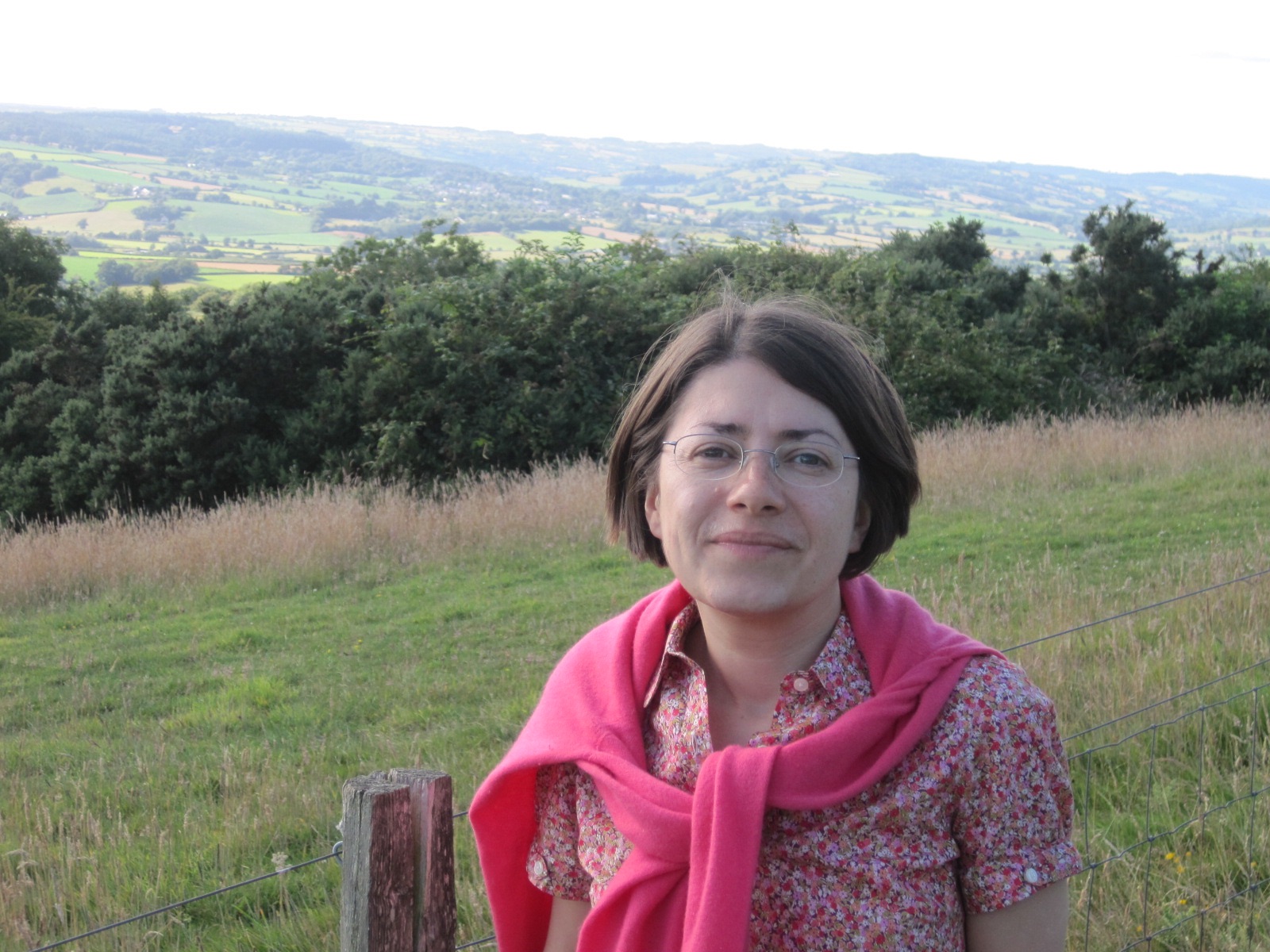Seizing the moment
It has been an extraordinary year – for the natural world, for our politics and policy making, and for everyone in society as we have been confronted by the coronavirus pandemic. It is far too early to predict what will change permanently and what will, in time, return to normal business, but much has already been written about how the pandemic has encouraged us to reflect on our relationship with nature. In May for example, CPRE, the countryside charity, and the Federation of Women’s Institutes published a survey showing that the majority (53%) of people said they appreciated local green spaces more since the introduction of social distancing measures, and nearly two-thirds (63%) believed protecting and enhancing green spaces should be a higher priority after the lockdown.
The key question is how we can ensure that this is translated into action as we return to a more familiar way of living. How can we make sure that we do not resume business as usual in our own lives and in our local communities? How can we ensure that policy makers are more and not less ambitious for nature and landscapes at a time when they face unprecedented economic uncertainty? Three thoughts in particular occur to me:
Firstly, there is already a lot of positive work to build on. The 25 Year Environment Plan sets out an ambitious vision for the future. A new system of agricultural payments based on public money for public goods has the potential to have a major impact on the health of the countryside. The Landscapes Review, now being considered by Government, could renew our National Parks and Areas of Outstanding Natural Beauty. Government must remain focused on its original commitments and harness society’s new interest in nature to push harder and faster.
Secondly, we need to think differently about how we value nature. This is not, of course, a new idea. As far back as 1968 Robert Kennedy highlighted the paradox that the GNP of the United States “counts air pollution and cigarette advertising, and ambulances to clear our highways of carnage […] It counts the destruction of the redwood and the loss of our natural wonder in chaotic sprawl.”[1] This approach was not unique to the US and we continue to struggle to balance economic growth with conservation of the natural world.
Government has launched several initiatives in recent years to address this immensely complex subject, most recently through the Independent Review on the Economics of Biodiversity led by Professor Sir Partha Dasgupta which is due to report later this year. New ways to measure economic activity are also being discussed at a global level. This year, for the first time, the latest review of the UN System of National Accounts will consider how economic measurement should incorporate sustainability and well-being. There is an opportunity here for the UK to show leadership on an issue of fundamental importance to the way in which societies value the natural world.
Finally, it is important that government action is about more than net zero. This is, without question, an urgent priority, but it must not be seen in isolation. Restoring biodiversity and investing in natural assets are also vital elements in the wider story of how we relate to the natural world. The National Parks are just one example of how multiple public policies can conflict with each other or interact to create unforeseen consequences for the landscape and the people that live there. To make real and lasting progress policy makers must take a truly holistic view. They must also ensure that local communities are given the opportunity to help shape the solutions to these challenges.
During the Second World War the coalition government was working on plans for a new social settlement long before the war approached its conclusion – and that included plans to create the National Parks and encourage access to the countryside for everyone. Our policy makers should be inspired by that ambition and energy. It is more relevant today than ever.

